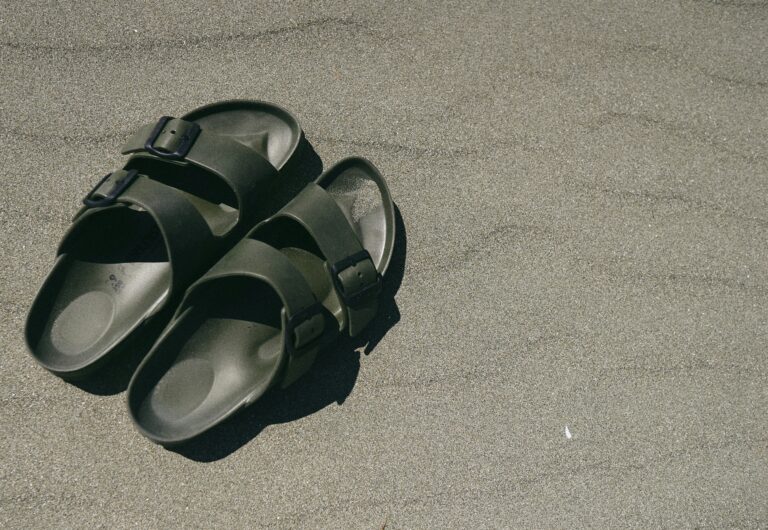Yesterday I chaired the panel EUROPEAN COPYRIGHT PROPOSALS: ONE STEP FORWARD OR THREE STEPS BACK? at Eurosonic/Noorderslag.
 After some train problems (partly my own fault, sort of) I arrived at Groningen station 12.03. The session started 12.00. Luckily, they knew. So Leah Postma (Google) introduced the panelists Erwin Angad-Gaur and Lisette Kalshoven. I promised Leah to run (which I did) and asked her to show the audience the “lalala” video before my entrance. This is the dancing video by last year’s exchange student Charlie, without audio. It was meant as a fair use test case, so I complained via Youtube, and won, but the audio still is not back on. I am very sorry the organization did not know, so in my absence they were panicking and bringing in a new laptop to see if the sound worked. Anyway, to me this is an excellent example content-ID is not perfect, because any normal human being, including Taylor Swift c.s., would after seeing the video allow the song being played. This is one of the new proposals, to have ISPs install this kind of software. The article is vague, and begs many questions, for one how to deal with false positives (in my inaugural I mentioned the whistling bird) and who’s going to pay for the software for all those small providers and new players.
After some train problems (partly my own fault, sort of) I arrived at Groningen station 12.03. The session started 12.00. Luckily, they knew. So Leah Postma (Google) introduced the panelists Erwin Angad-Gaur and Lisette Kalshoven. I promised Leah to run (which I did) and asked her to show the audience the “lalala” video before my entrance. This is the dancing video by last year’s exchange student Charlie, without audio. It was meant as a fair use test case, so I complained via Youtube, and won, but the audio still is not back on. I am very sorry the organization did not know, so in my absence they were panicking and bringing in a new laptop to see if the sound worked. Anyway, to me this is an excellent example content-ID is not perfect, because any normal human being, including Taylor Swift c.s., would after seeing the video allow the song being played. This is one of the new proposals, to have ISPs install this kind of software. The article is vague, and begs many questions, for one how to deal with false positives (in my inaugural I mentioned the whistling bird) and who’s going to pay for the software for all those small providers and new players.
In general, I could not discover the one step forward in the proposal, or, I could not see how what is in the directive would change copyright. As I understood, the Dutch government came to the same conclusion basically stating the directive needs no implementation.
The proposal reminded me of the 1991 Software Directive, that also regulates what only to lawyers apparently is not obvious: that you are allowed to load into your internal memory a legally owned computer program and to show it on screen. How could anyone doubt you would have this “reproduction” right?
“loading, displaying, running, transmision or storage of the computer program (…) shall not require authorization by the rightholder where they are necessary for the use of the computer program by the lawful acquirer in accordance with its intended purpose”
There is, however, a step forward. Previously I showed my surprise about the national library not daring to archive publicly available internet pages, and Lisette Kalshoven gave a similar example of the British museum having hundreds of audio cassettes but do not dare to digitize them. This is to me of the dancing video, software loading kind. How could anyone object? The sadness is that these cultural heritage institutions want to strictly obey the (hard to understand) law. So, in that respect, the at first sight useless permission for cultural heritage institutions to copy material they possess in order to preserve it, has meaning.
Erwin Angad-Gaur was discussing the need for collective licensing, and to improve the position of the artist. This is referred to as the value gap. For instance, I do publish books I have not even signed a contract for. Why? Because I am glad my work is going to be distributed and the money I (= my department) gets for book sales is so little. The example I often give is a book I do get royalties for. It costs 35 euro. 14 euro goes to the bookstore (or, strangely enough, the publisher if he sells it via his website). Then the authors get 10% of what’s left, meaning my co-author and me both get 1 euro for the sale of a 35 euro book.
There are many inventive changes of copyright possible, but very little of it is in the present proposals. So 25 years after Barlow’s famous “almost everything we think we know about intellectual property is wrong. We’re going to have to unlearn it. We’re going to have to look at information as though we’d never seen the stuff before.”, we still got stuck into printing press based reproduction and communication to the public rights. Let’s wait and see what the next 25 years brings.



